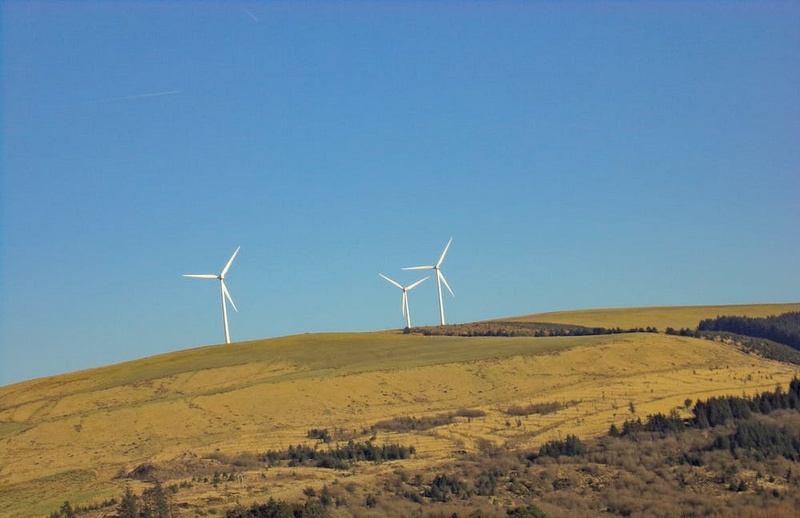June 1 NEC Energy News
¶ “Global Renewables Set To Break Records In 2023” • Global additions of renewable power capacity are expected to jump by a third this year, according to the International Energy Agency. A number of global issues are driving strong deployment of solar PV and wind power to achieve a more that 440 GW of additional capacity in 2023. [reNews]

¶ “China Halts Floating Nuclear Power Plan Over Security Fears” • China’s plan to build a fleet of nuclear power reactors to provide electrical power to islands on the South China Sea was suspended over security concerns, the South China Morning Post reports. Regulators said they were withholding approval, partly due to safety concerns. [Global Construction Review]
¶ “Colorado Boosts EV Incentive To $5000 And Adds A $2500 Sweetener” • Colorado is on a mission to get almost a million EVs on its roads by 2030. This year, over 10% of new vehicles sold in Colorado are EVs. The state already has a $2,000 tax credit for residents who purchase an electric car, but as of July 1, that will increase to $5,000. [CleanTechnica]
¶ “The Laws That Took Down Mobsters Are Now Being Turned Against Big Oil” • Hoboken, New Jersey, has sued oil companies, including Exxon and Chevron, hoping to put them on trial for deceiving the public. In a new twist, Hoboken’s lawyers have amended the complaint, alleging that Big Oil had violated the state’s RICO Act. [NJ Spotlight News]

¶ “Pacific Power Submits To PUC Inaugural Plan To Achieve Net-Zero Emissions In Oregon By 2040” • Pacific Power released plans to eliminate greenhouse gas emissions for all electricity sold to Oregon consumers by 2040, while significantly enhancing customer and community participation in the decarbonization efforts. [KTVZ]
¶ “If Climate Goals Are Meant To Protect Us From ‘Significant Harm,’ Then They Aren’t Good Enough, Scientists Say” • The world has been focusing on limiting global warming to 1.5°C. But even at that amount, millions of people will still face “significant harm,” including death, displacement, and scarcity of food and water, a report says. [CNN]
For more news, please visit geoharvey – Daily News about Energy and Climate Change.
